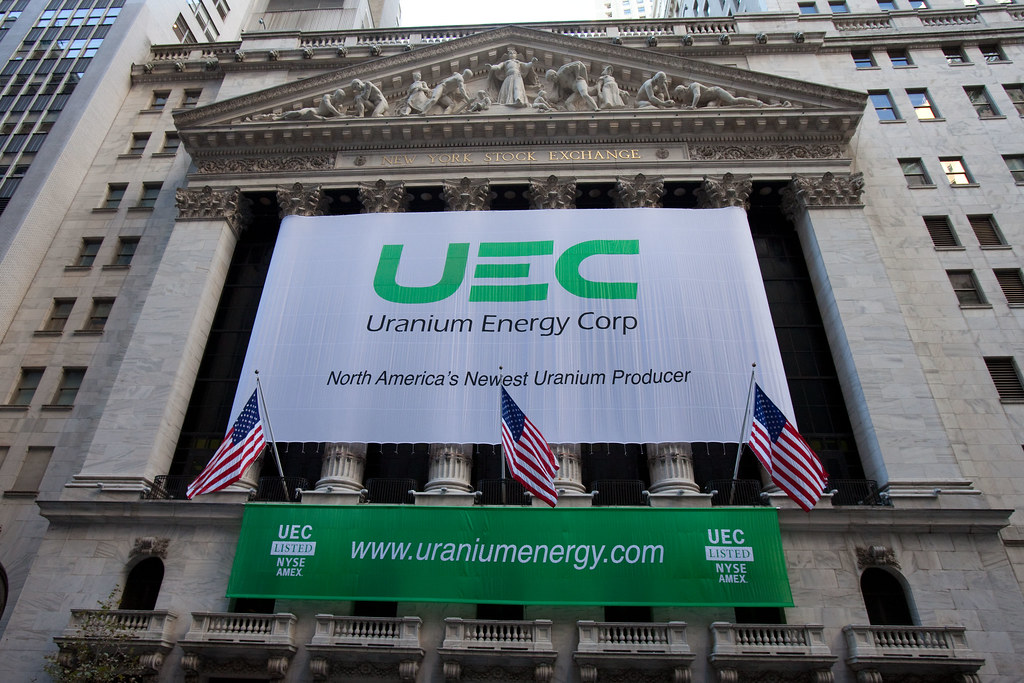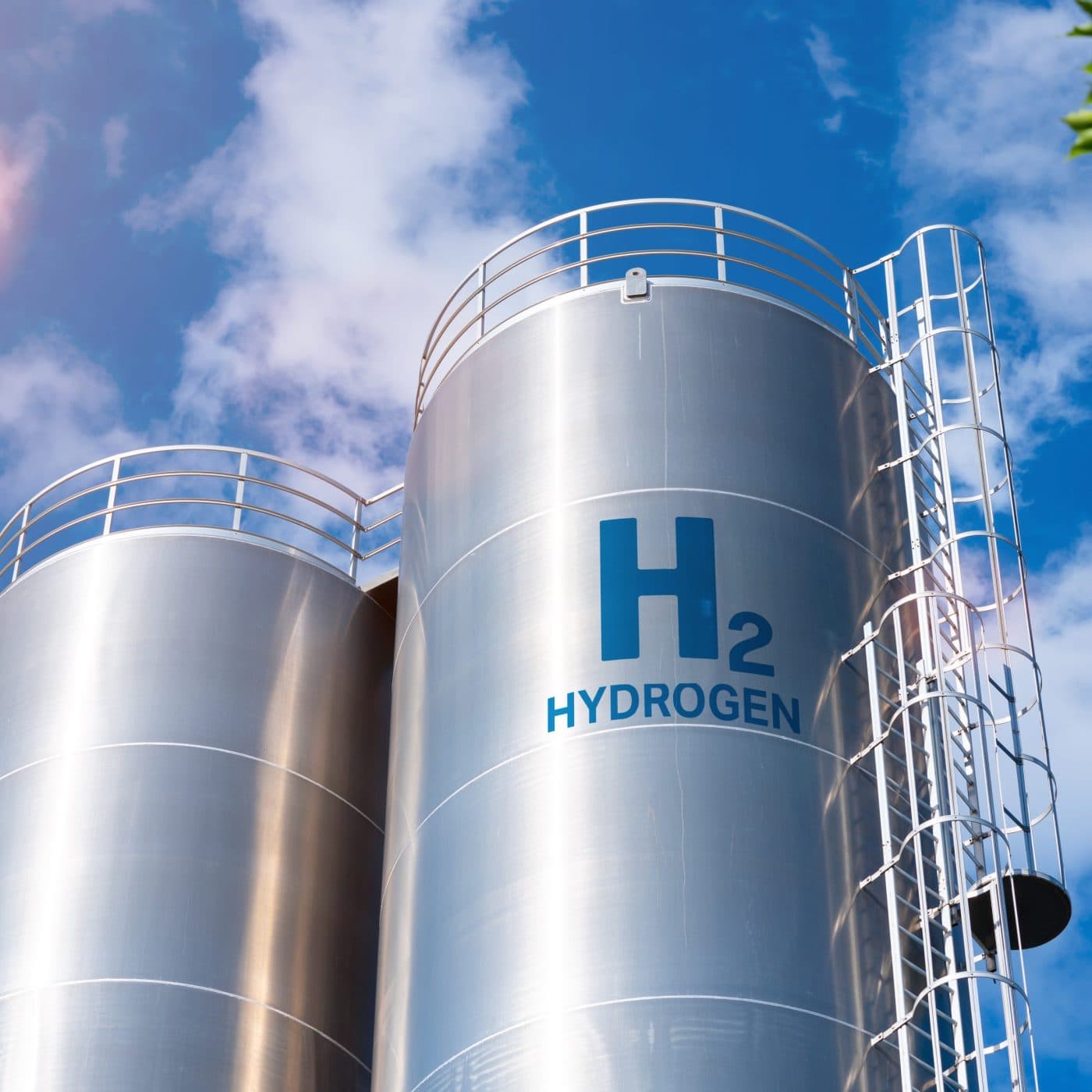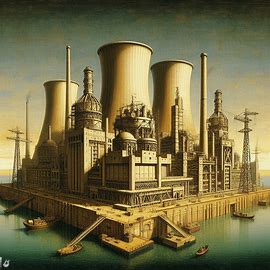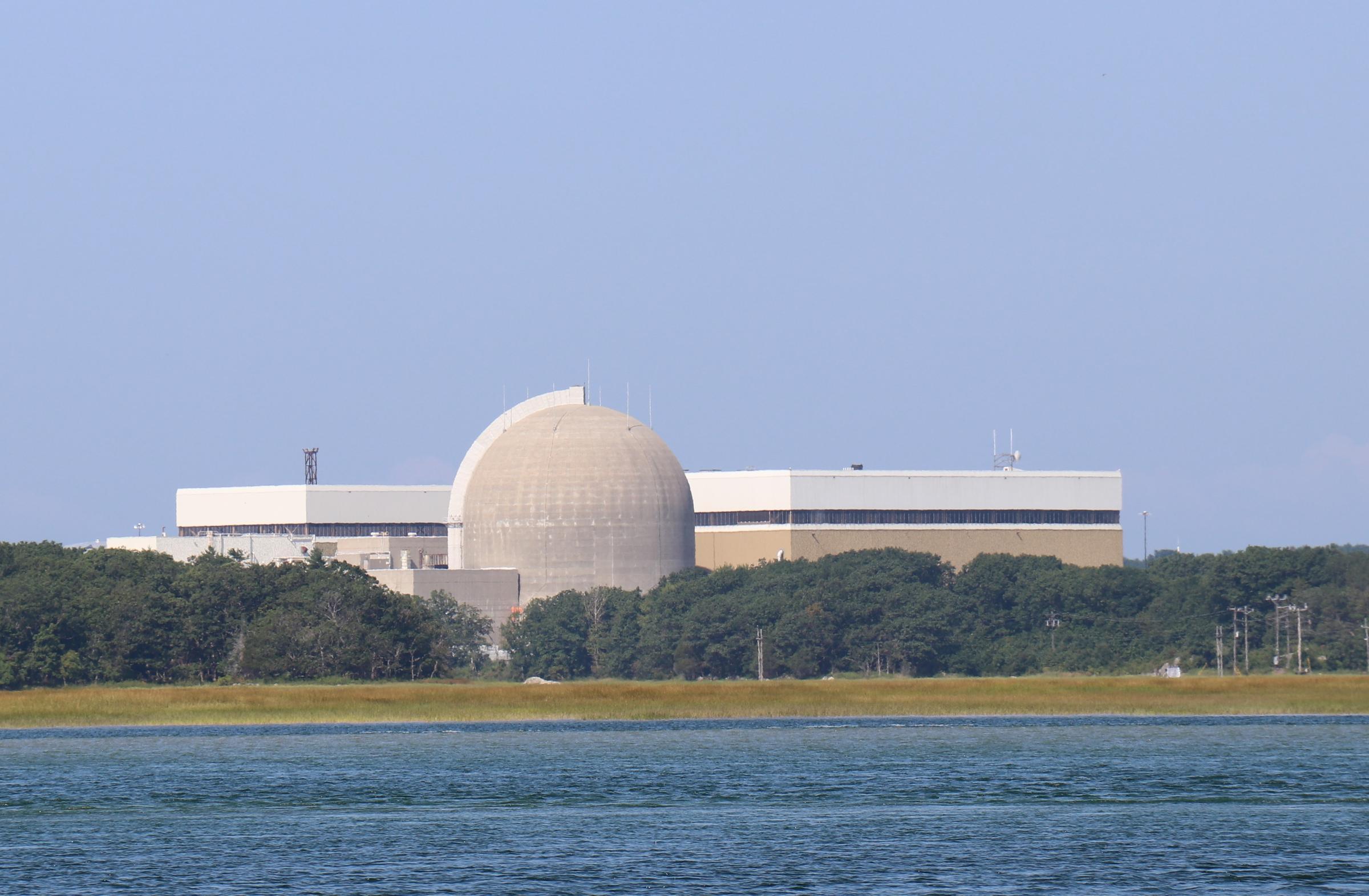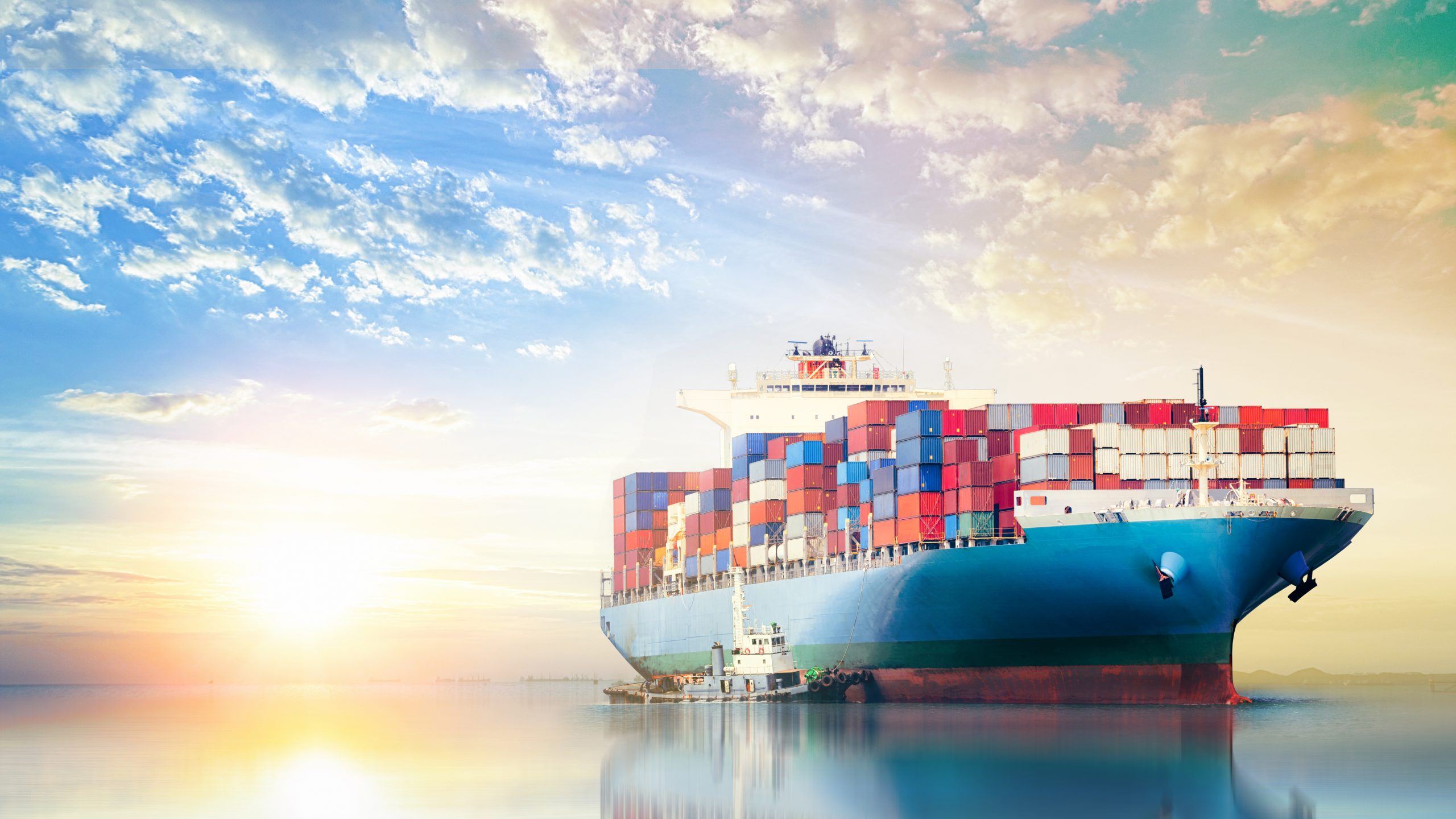
In a landmark development for the maritime industry’s efforts to decarbonize and transition towards a zero-carbon future, a pioneering memorandum of understanding has been signed between key players in the sector. Lloyd’s Register, Zodiac Maritime, HD Korea Shipbuilding & Offshore Engineering (HD KSOE), and Kepco Engineering & Construction have joined forces for a joint development project (JDP) aimed at researching and developing nuclear-propelled ship designs. The collaboration seeks to explore the viability of nuclear technology as a potential marine fuel, offering a long-term solution to address the shipping industry’s significant carbon footprint and contribute to global decarbonization goals.
Challenges and Opportunities in Nuclear Propulsion:
The JDP partners, HD KSOE and Kepco E&C, will play pivotal roles in providing designs for future vessels and reactors, while Lloyd’s Register will assume the responsibility of assessing rule requirements for safe operation and regulatory compliance models. The ambitious project aims to tackle the challenges associated with nuclear propulsion, including adapting terrestrial nuclear technology to maritime applications. This endeavor is critical as it explores uncharted waters in applying nuclear power to cargo ships, addressing concerns related to safety, efficiency, and environmental impact.
The shipping industry, responsible for approximately 3% of total worldwide carbon emissions, is under increasing pressure to find sustainable alternatives to fossil fuels. The global push for net-zero emissions by or around 2050, as per the International Maritime Organization’s targets, necessitates innovative solutions that go beyond conventional marine fuels. The exploration of nuclear propulsion technology offers a promising avenue to revolutionize the industry’s approach to clean energy.
Potential Advantages of Nuclear-Powered Cargo Ships:
Nuclear propulsion offers distinct advantages that make it an attractive option for the shipping industry’s future:
- Low or Zero Carbon Emissions: Nuclear-powered ships have the potential to emit little to no carbon during their operations, contributing significantly to the reduction of greenhouse gas emissions.
- Extended Range and Efficiency: Nuclear propulsion can provide a continuous and reliable power source, allowing ships to operate for extended periods without the need for frequent refueling. This can enhance operational efficiency and reduce downtime.
- Long-Term Cost Benefits: The joint statement from HD KSOE and Kepco E&C emphasizes the aim to design nuclear-propelled ships with a life cycle cost of less than half that of carbon-neutral ships. This cost-effectiveness could make nuclear technology an economically viable and sustainable option.
Industry Perspectives:
Sung-Gu Park, President North East Asia at Lloyd’s Register, expressed optimism about the potential of nuclear technology to support the maritime energy transition. Acknowledging the challenges and opportunities associated with nuclear propulsion, the collaboration with Zodiac, HD KSOE, and Kepco signifies a concerted effort to explore the untapped potential of nuclear power in shipping.
Stavros Hatzigrigoris, New Buildings Director at Zodiac Maritime, highlighted the industry’s exciting yet challenging journey toward a zero-carbon future. The partnership with HD KSOE, KEPCO, and LR in the JDP positions Zodiac to contribute to the early stages of putting nuclear power to the test in the maritime sector.
The Future Path:
As the JDP progresses, it holds the promise of reshaping the future of maritime propulsion technology. The potential deployment of nuclear-powered cargo ships could revolutionize the industry’s sustainability profile, aligning with global efforts to combat climate change. The success of this collaborative venture may pave the way for the integration of nuclear propulsion into mainstream shipping, marking a significant leap towards achieving carbon-neutral operations in the maritime sector.
The UK-Korean partnership’s exploration of nuclear-powered cargo ships signals a bold step toward a more sustainable and environmentally friendly future for the shipping industry. As regulatory bodies, industry leaders, and technology experts collaborate to address the challenges associated with nuclear propulsion, the maritime sector stands on the brink of transformative change. This joint development project not only symbolizes the industry’s commitment to decarbonization but also exemplifies the collaborative spirit required to navigate uncharted waters in pursuit of a cleaner, greener maritime future.

